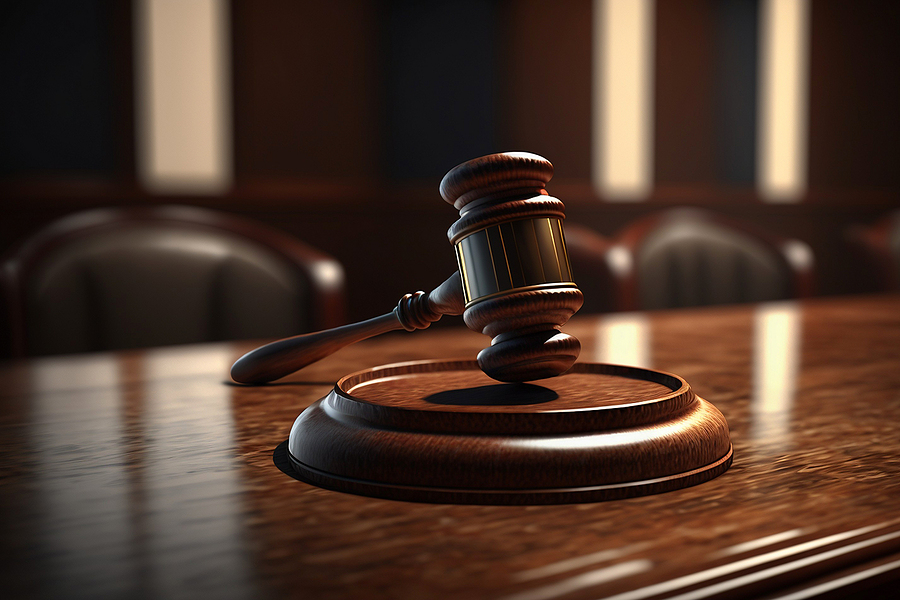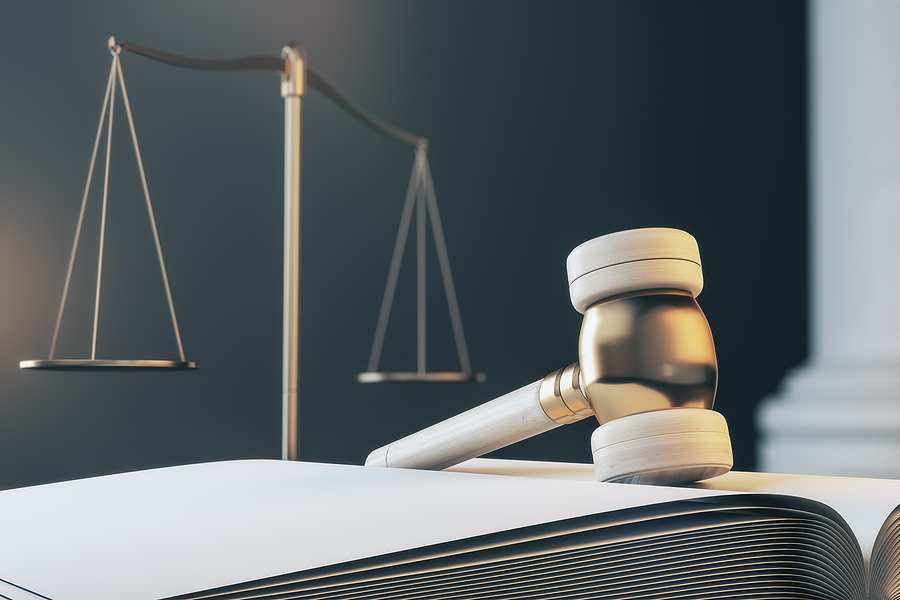Indiana’s drug courts and rehabilitation programs are making a significant impact on individuals, families, and communities. Through these programs, those facing drug charges have a chance to turn their lives around and avoid the pitfalls of traditional incarceration.
This blog post will take you through the essentials of Indiana’s drug court system, the various rehabilitation programs available, and the legal support needed to navigate these options. Whether you are an individual facing drug charges, a family member looking for help, or someone recently arrested, this information is crucial for understanding your options and taking the next steps.

An Overview of Indiana Drug Courts
Indiana drug courts aim to provide an alternative to incarceration for individuals facing drug-related charges. Established to address the root causes of addiction, these courts offer a structured program that includes mandatory drug testing, counseling, and regular court appearances. The goal is to reduce recidivism and help participants reintegrate into society as productive members.
Eligibility Criteria for Drug Court
Not everyone qualifies for Indiana drug court. Generally, eligibility is based on the nature of the offense, criminal history, and willingness to participate in the program. Non-violent offenders, first-time offenders, and those charged with possession rather than distribution are more likely to be eligible. Legal professionals can provide detailed eligibility criteria and help determine if drug court is an option for you or your loved one.
Success Rates of Drug Courts
The success rates of Indiana’s drug courts are promising. According to various studies, participants in drug court programs are less likely to re-offend compared to those who go through traditional criminal justice processes. Graduates of these programs often report improved mental health, better employment opportunities, and restored family relationships, making drug court a viable alternative for many.
Understanding Indiana’s Rehabilitation Programs
Types of Rehabilitation Programs Available
Indiana offers a variety of rehabilitation programs designed to meet the diverse needs of individuals struggling with addiction. These include inpatient and outpatient treatment, detoxification services, and specialized programs for different types of substances. Each program aims to provide comprehensive care that addresses both the physical and psychological aspects of addiction.
Participation Requirements
Participation requirements vary depending on the specific program but generally include a pledge to sobriety, attendance at counseling sessions, and compliance with medical treatments. Many programs also have family components, encouraging relatives to participate in counseling sessions and support groups. Understanding these requirements is crucial for anyone considering entering a rehabilitation program.
Success Rates of Rehabilitation Programs
Success rates for rehabilitation programs in Indiana are influenced by various factors, including the type of addiction being treated, the individual’s commitment to the program, and the support received from family and community. Generally, programs that offer a holistic approach, addressing both the physical and mental aspects of addiction, tend to have higher success rates.
The Impact on Families and Communities
Effects on Families
Drug addiction is not an isolated issue; it affects entire families. Indiana’s drug court and rehabilitation programs offer a lifeline to families struggling with the consequences of addiction. These programs not only help the individual recover but also provide family counseling and support services to rebuild trust and relationships.
Community Benefits
Communities benefit significantly from the implementation of drug court and rehabilitation programs. Reduced crime rates, lower incarceration costs, and a more productive workforce are just a few of the positive outcomes. These programs help create safer, healthier communities, which benefit everyone.
Legal Advice and Support
Seeking Legal Advice
Navigating the legal system can be daunting, especially when dealing with drug charges. Seeking legal advice from experienced professionals is crucial for understanding your options and making informed decisions. Legal experts can provide guidance on eligibility for drug court, the benefits of rehabilitation programs, and the steps to take for a successful outcome.
Criminal Defense for Drug Charges
Having a skilled criminal defense attorney can make a significant difference in the outcome of your case. These professionals are well-versed in Indiana’s drug laws and can provide strategic defense to reduce charges, negotiate plea deals, or advocate for participation in drug court and rehabilitation programs.
Resources for Legal Support
There are numerous resources available for individuals seeking legal support in Indiana. From public defenders to specialized legal aid organizations, finding the right help is essential for navigating the complexities of drug court and rehabilitation programs. Many of these resources offer free or low-cost services, ensuring that legal support is accessible to all.
Conclusion
Indiana’s drug court and rehabilitation programs offer a beacon of hope for individuals facing drug charges and their families. These programs provide a pathway to recovery, personal growth, and community reintegration. By understanding the options available, seeking legal advice, and fully engaging in the process, individuals can overcome the challenges of addiction and build a brighter future.
If you or a loved one is facing drug charges, don’t hesitate to explore the opportunities provided by Indiana’s drug court and rehabilitation programs. Taking the first step toward recovery can make all the difference. For personalized guidance and support, consider reaching out to a legal professional or rehabilitation expert today. Together, we can build a healthier, safer community for everyone.
Are you facing criminal charges for drugs in Indianapolis? We can help get you the best possible outcome in drug court. Contact Attorney David E. Lewis at 317-636-7514 to speak with a seasoned criminal defense attorney in Indianapolis, Indiana about your drug crime case, today.
Related Posts:
Navigating Drug Possession Laws in Indiana: A Guide for Hoosiers
What to Expect If You Fail a Drug Test on Probation
A Closer Look at Consequences for Drugged Driving in Indiana


